Extension cords are intended for temporary use. They provide a temporary solution when you need power in a place that doesn’t have an outlet.
However, if you need to power something on a regular basis, it’s important to understand the potential risks and limitations of using an extension cord.
In this article, the pros and cons of using an extension cord as a permanent solution will be examined, and some important safety tips to keep in mind will also be provided.
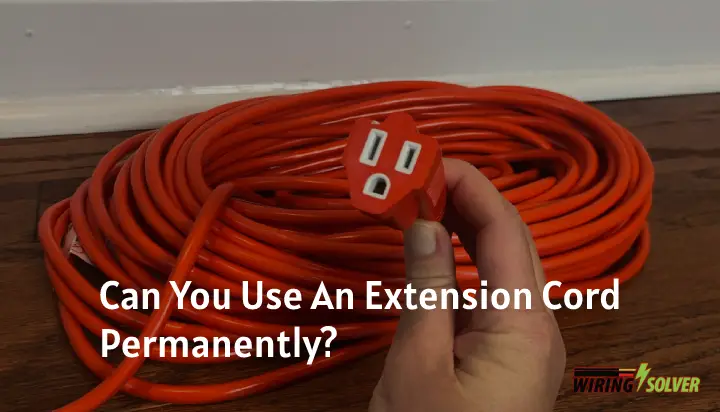
Can an Extension Cord Be Used Permanently?
Extension cords should not be used on a permanent basis as they can be hazardous. A damaged cord is a fire, electrocution, and short circuit hazard.
Let’s look at some of the reasons why you shouldn’t use extension cords permanently.
Susceptible to Damage the Cord by Tripping or Walking on it
Extension cords are long wires that can be placed anywhere. They are usually 100 feet long, so it is natural to have them lying around in the ground, but that creates a major problem as you can easily trip over these long cords.
In the process of tripping, you will hurt yourself and damage the exterior and interior wiring. At the same time, walking on top of the cord will damage the interior wirings of the cords as well.
Extension cords for generators are delicate in general as water exposure of heavy weight over the cords can easily damage them, so they are not suitable as a permanent fix.
Overheats if Not Ventilated Properly
An extension cord in the middle of a floor can be a health hazard as people can trip over it and is not very aesthetically pleasing.
To tuck the cords away safely, people often have them inside walls, floors, etc. They might take it a step further and cover the areas that have a cord tucked with rugs or heavy objects.
This restricts air circulation and obstructs areas for the heat to transfer and for the cord to cool. As such, the possibility of overheating increases significantly.
Overloads the System
Extension cords come in standard size with voltage markings. However, often one extension cord is connected with another to make the cord longer, which can overload the system.
Moreover, plugging in an appliance that uses more voltage than the cord can handle will also overload the cord. Often the cords get damaged, but sometimes, this overload can start an electrical fire.
Another reason for overloading is plugging in multiple devices at the same time to an extension cord that has more than one outlet. This susceptibility to overloading hinders the performance of the cord.
What Are the Alternatives to Using an Extension Cord Permanently?
There are several alternatives to using an extension cord permanently, which can be safer and more convenient than relying on an extension cord for long-term power needs.
Some options are included below.
Installing additional outlets
If you have a device that needs to be plugged in permanently, but there are no nearby outlets available, consider having an electrician install an additional outlet.
This will provide a dedicated power source for the device and eliminate the need for an extension cord.
Using a power strip with a built-in circuit breaker
A power strip with a built-in circuit breaker can provide additional outlets and protection against overloading, making it a good alternative to using an extension cord permanently.
Just make sure to choose a power strip with a wattage rating that is sufficient for your needs.
Using a hardwired solution
If you have a device that needs to be plugged in permanently, but there are no nearby outlets available, consider having an electrician hardwire the device directly into the electrical system.
This will provide a permanent power source for the device and eliminate the need for an extension cord.
Using a different type of power cord
Some devices, such as computers and monitors, come with a power cord that is long enough to reach a nearby outlet.
If you are using an extension cord to reach a distant outlet, consider using a different type of power cord that is longer or more flexible. This will eliminate the need for an extension cord and reduce the risk of tripping or accidents.
By considering these alternatives, you can find a safer and more convenient solution for your long-term power needs, rather than relying on an extension cord permanently.
It is always important to follow proper safety guidelines when using electrical devices and cords to prevent accidents and protect against electrical hazards. Make sure to choose the right extension cord for air conditioners as well.
What Should I Avoid When Using an Extension Cord?
There are certain things that should be avoided with extension cords to ensure better longevity of the cord and to avoid any hazards. Let’s take a look.
A List of Don’ts for Extension Cords
- Do not run the cords through the floor, or ceiling, or place a heavy weight on the cord.
- Use a single cord for a single appliance
- Do not plug in an appliance that uses a lot of power that the cord cannot handle.
- Do not use indoor extension cords outside or vice versa, as the cords are designed for a particular use.
- Replace an extension cord immediately after the expiration date or on the first signs of damage.
- Do not let indoor extension cords be soaked in water.
- Do not use an extension cord as a permanent wiring solution.
Summary
In conclusion, using an extension cord as a permanent solution is not recommended. It is important to consider the power needs of the device you are plugging into the cord, as well as the condition of the cord itself.
However, it is important to remember that extension cords are intended for temporary use, and should not be used as a permanent solution. Be sure to follow all safety guidelines when using an extension cord, and never overload the cord.

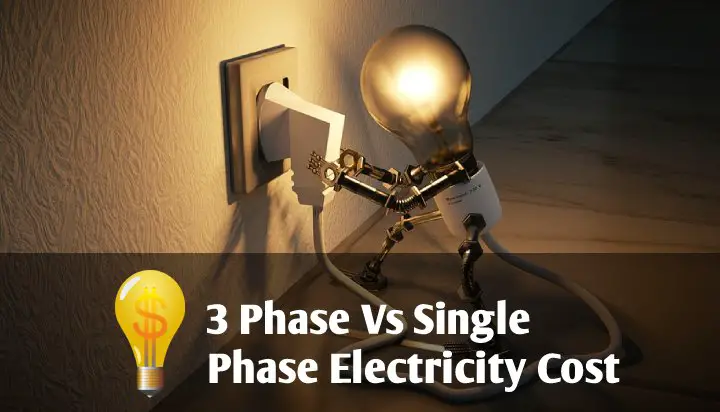
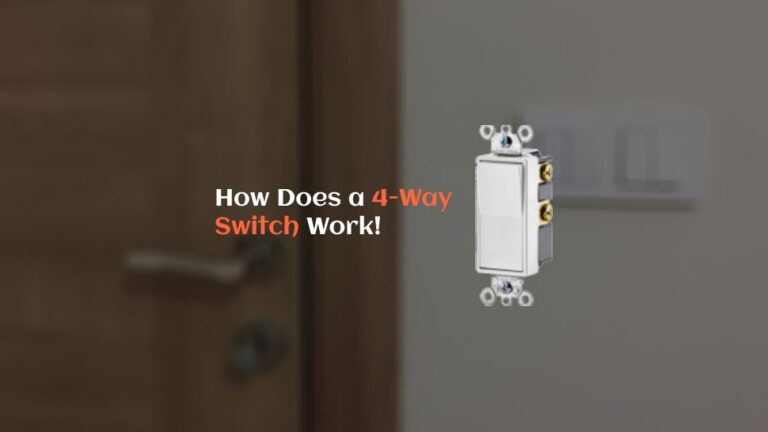
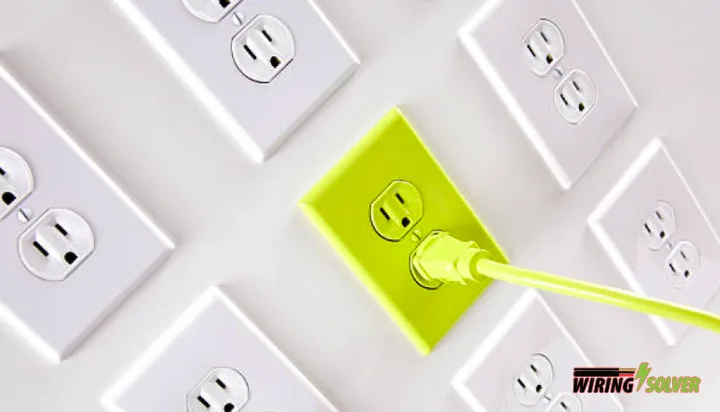
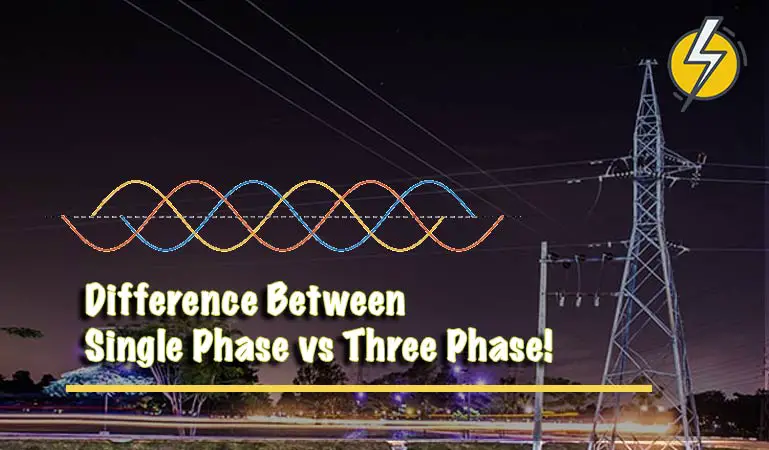
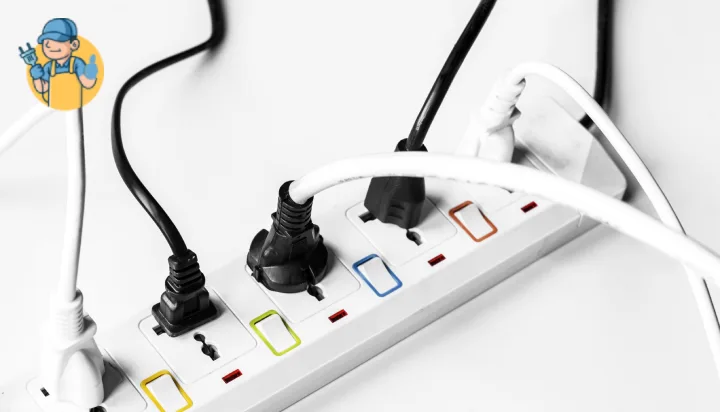
![What Is A Conductor Of Electricity? [Explained]](https://wiringsolver.com/wp-content/uploads/2021/12/What-Is-A-Conductor-Of-Electricity.jpeg)